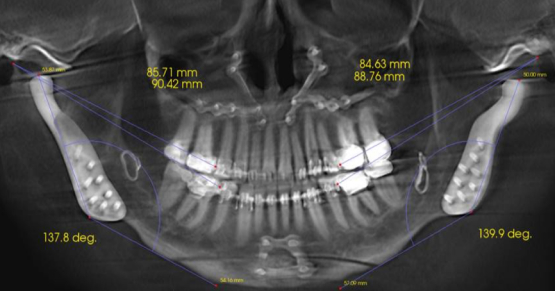The First Thing To Say When a Patient Says No
What do you do when a patient says no to the dental problems you’ve shown them? If you’re like many dentists, you consider your job done, accept their decision, and leave it at that. But in fact you should communicate a patient’s dental needs — all their dental needs — every time you see them; to do anything less is to deny them the full benefit of your expertise and care.
A lot of dentists agree with this in principle, but are still reluctant to bring up declined treatment during a patient’s subsequent visits because they don’t want to come across as pushy.
How do you keep patients from feeling put off when you bring up the same diagnosis and treatment options again? The answer is quite simple: Tell them up front that this is what you’re going to do.
It’s a quick and honest discussion that starts like this: “I understand that you weren’t ready to proceed with this treatment the last time we spoke. But please understand that it’s my professional obligation to communicate to you everything I see, every time I see you. Also, conditions can change over time. So please don’t think I’m badgering you when I bring this up again the next time you visit.”
With just those few words, you demonstrate that you have uncompromising professional standards, and at the same time you open the door to further discussion down the road. You’ve established the right expectations and earned their permission to be comprehensive every time.
SPEAR NAVIGATOR
Transform how your practice runs by engaging the team through
coaching and training
A guided path to excellence through structured coaching and self-guided resources that will align your team, streamline processes and drive growth. Transform your practice by implementing Spear’s proven playbooks for developing and retaining a high-performing dental team.

By: Imtiaz Manji
Date: June 6, 2013
Featured Digest articles
Insights and advice from Spear Faculty and industry experts


